There has been a lot of talk regarding the future of work. If work changes, many other things change too. Sitra and Demos Helsinki want to expand the discourse from the future of work to its broader societal implications.
Earning an income through paid work has been the foundation of our welfare for decades. Work and sufficient income have offered security and stability on individual and national levels. A high employment rate remains a top priority. The traditional order of things is, however shaken, by changes in economic structure, production, professions and the nature of work.
“Western societies hinge on a few fundamental promises,” says Paula Laine, Foresight, Insight and Strategy Director of Sitra. “One of them is that an education will yield a job and working full-time will ensure a fair income and status as a fully independent and empowered member of the society. Also, a promise of higher GDP has been associated with a promise of more jobs and higher wages. Now these promises seem to be increasingly failing us, which may have big implications for people and nations. We should try to prepare for these challenges beforehand.”
How do we build progress in a low-growth society, struggling to find fair income distribution and faced with populism? Where are we headed next?
The Nordic Model has been a phenomenal societal success, leading to high rankings in almost all indicators of human and economic well-being, innovation, human rights and innovation, among other things. This development is not a coincidence but a result of decades of institutional and policy development, as well as widely shared values and ideals among the general population.
During the last ten years, the development of Nordic countries has polarised. Finland has been struggling to recover from the recession and implement necessary structural reforms to keep pace with the other Nordic countries. In this context, two Finnish think tanks, Sitra and Demos Helsinki, have initiated a shared project to build perspectives on what would constitute a progressive society of tomorrow. What changes would be needed in institutions, incentives and lifestyles?
Many of the challenges facing Finland are shared in some form with other countries as well. Our intent is to understand how others tackle future challenges. Progressive minds across the world are pondering the same questions, approaching them from unique national contexts. Bringing these viewpoints together would hopefully benefit all.
To this end, Sitra and Demos Helsinki are organising a couple of international workshops in 2017. The first event takes place in San Francisco on 19 January. The topic for the first event deals with future of work and income – a challenge widely shared among both developed and emerging countries. The USA and Finland share many similarities in terms of concerns over automation and robotisation. California and Finland are both at the forefront of trying to find new solutions as well. Both regions have been active in initiating basic income trials, for example.
“It is increasingly difficult for politicians to create jobs, especially the kind that provide steady and growing earnings. The need for income, participation and a sense of progress are still as real as ever. Now would be the time to complement our traditional political promises with solutions that are more realistic and suited for the future,” says Aleksi Neuvonen, founder of Demos Helsinki.
The workshops are supported by a web platform: www.nextera.global
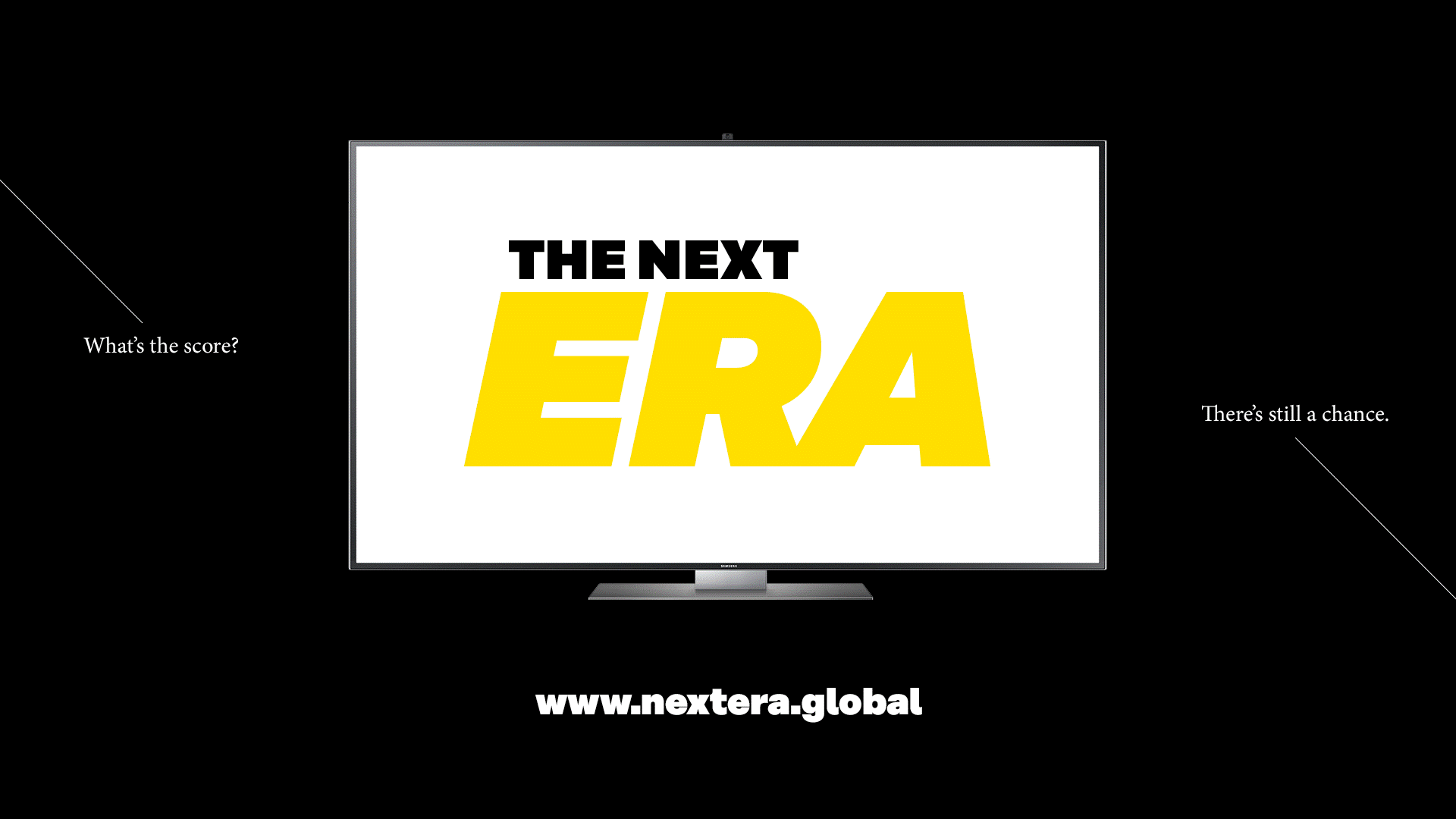



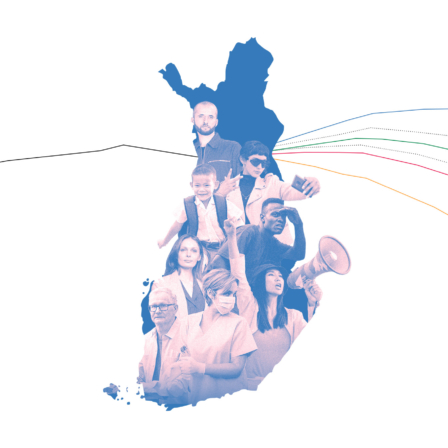
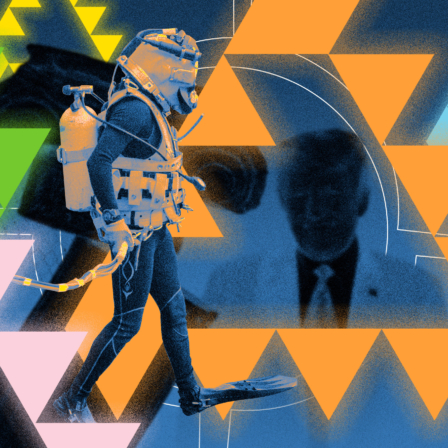
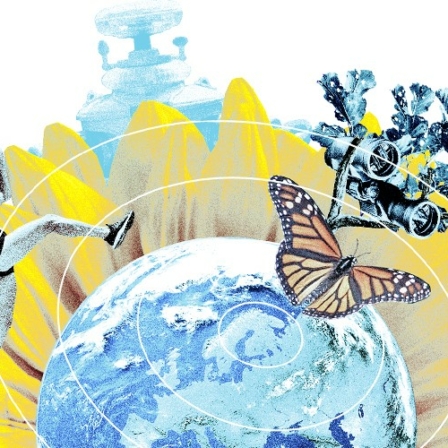
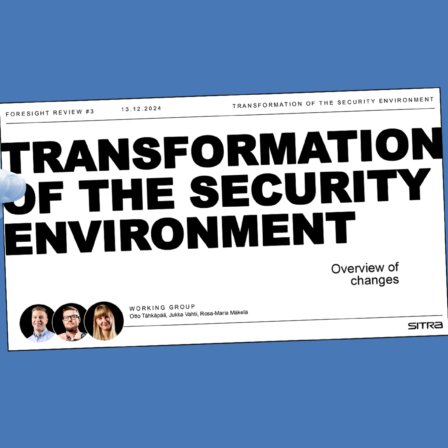
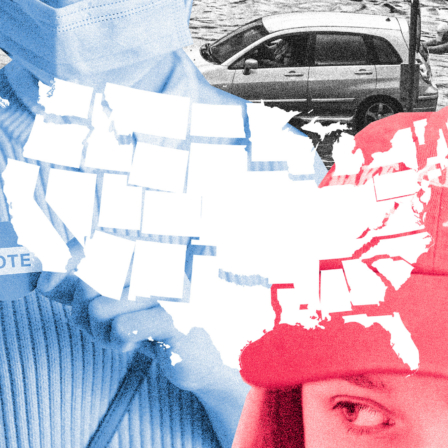
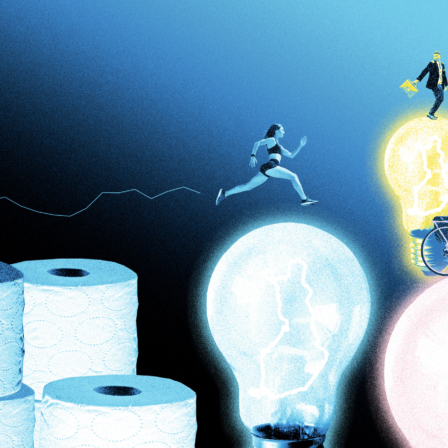


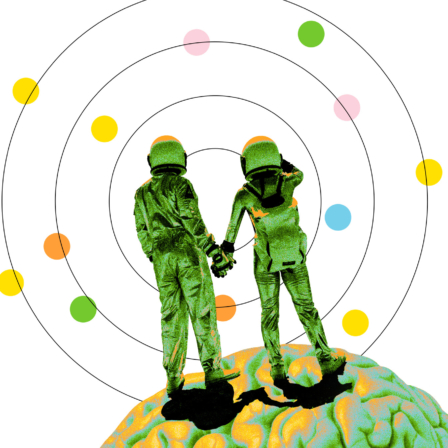


Recommended
Have some more.